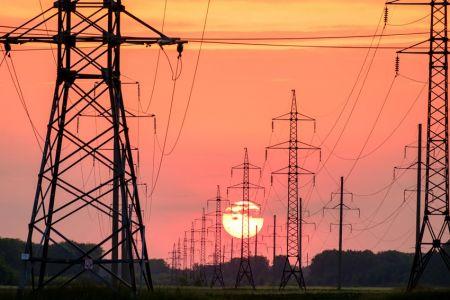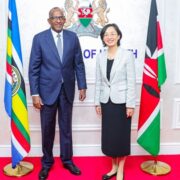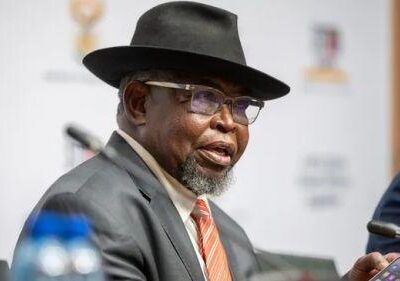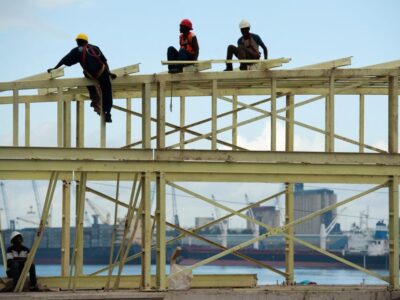
- Regulatory gaps hinder electricity access for 600 million Africans
- Lack of shared rules slows regional energy trade and raises project risks
- Standardization efforts underway but structural barriers remain
Harmonizing energy rules could support electricity interconnection projects, enable regional trade, and help build a competitive market. These points were raised by an expert panel at Enlit Africa’s 2025 conference in Cape Town, held from May 20 to 22.
Despite a rise in electrification projects, cross-border electricity flow remains low. Each country sets its own pricing, network access rules, and supply contracts. Without a shared framework, trade relies on bilateral deals negotiated case by case. This slows progress toward an open market. The Southern African Power Pool (SAPP), which links nine countries, highlights this challenge.
Countries have been interconnected for years, but have yet to exchange a single kilowatt, according to Wilson Masango, director of SAPP’s Coordination Center. The situation underscores the limits of regional cooperation without common standards.
The lack of harmonization also deters investment. Independent power producers must navigate complex regulations for each cross-border project. This raises costs, delays execution, and increases financial risk. As a result, many projects are slowing down, and new ones struggle to get funding.
Some initiatives are working to ease integration. SAPP has started standardizing power purchase and transit contracts to reduce legal obstacles. A future connection between SAPP and the East African Power Pool could lead to “market coupling,” though this remains at an early stage.
Still, major barriers persist. As long as each country keeps its own network codes and regulations, shared economic benefits will remain limited. Without effective regional integration, countries face energy shortages, stalled industrial growth, and heavier investment burdens.
Chinedu Onyegbula, an energy consultant in Abuja, believes there is not a shortage of technical will or projects, but regulatory coordination is lacking. Stronger alignment is needed for regional infrastructure to support a true electricity market.










Comments